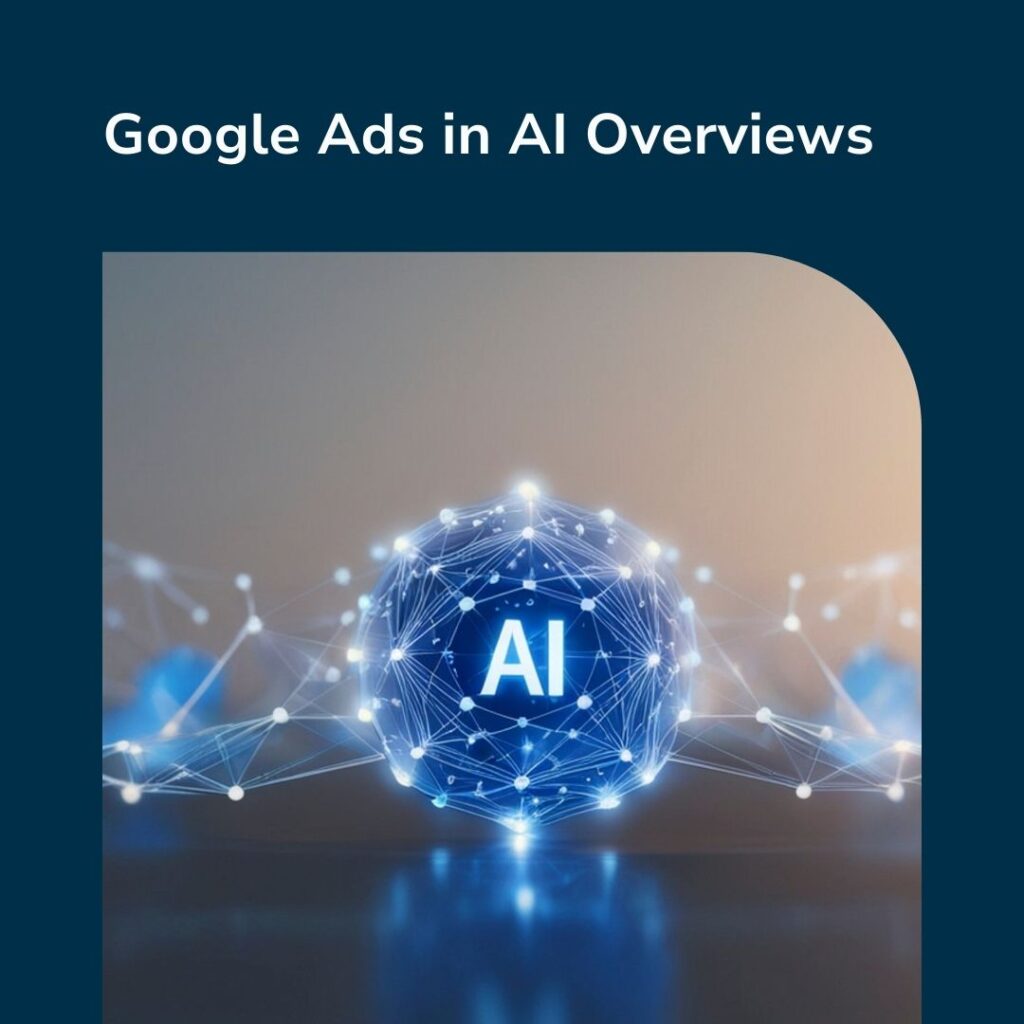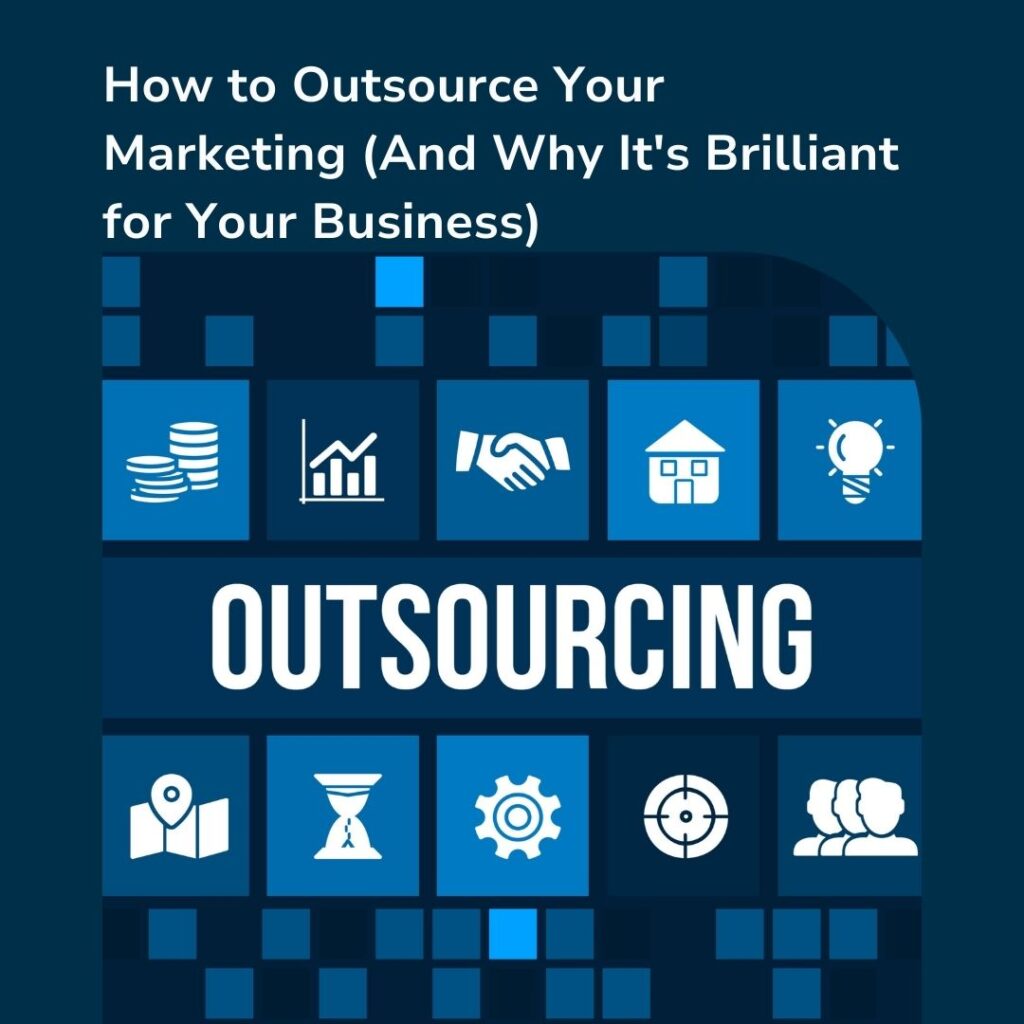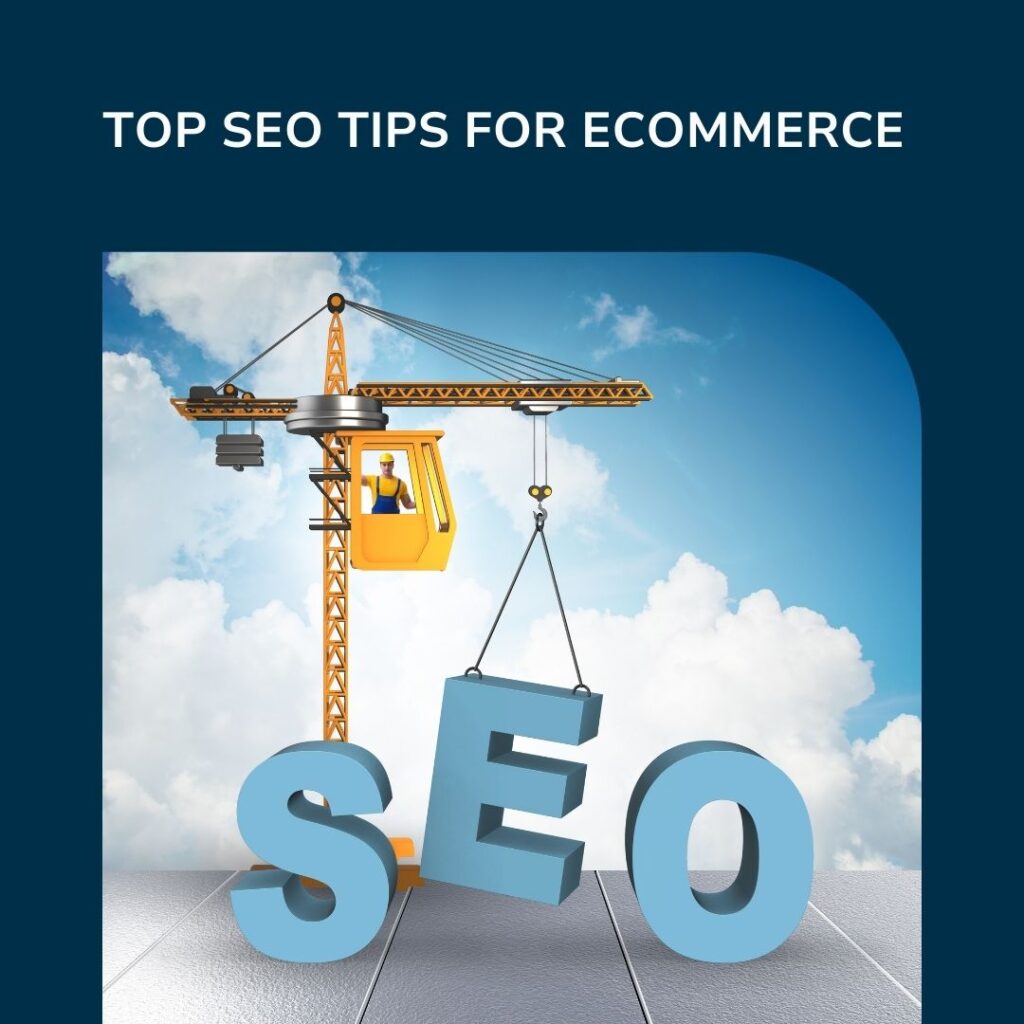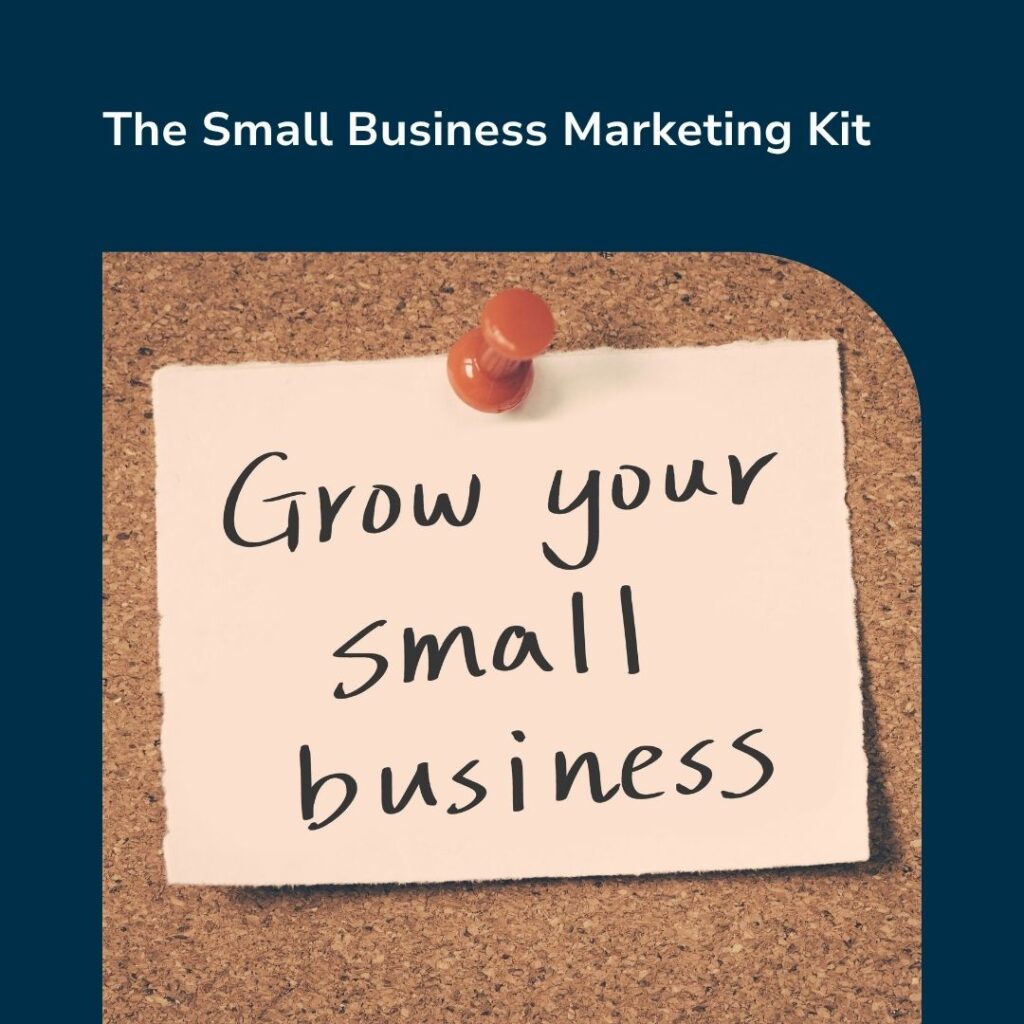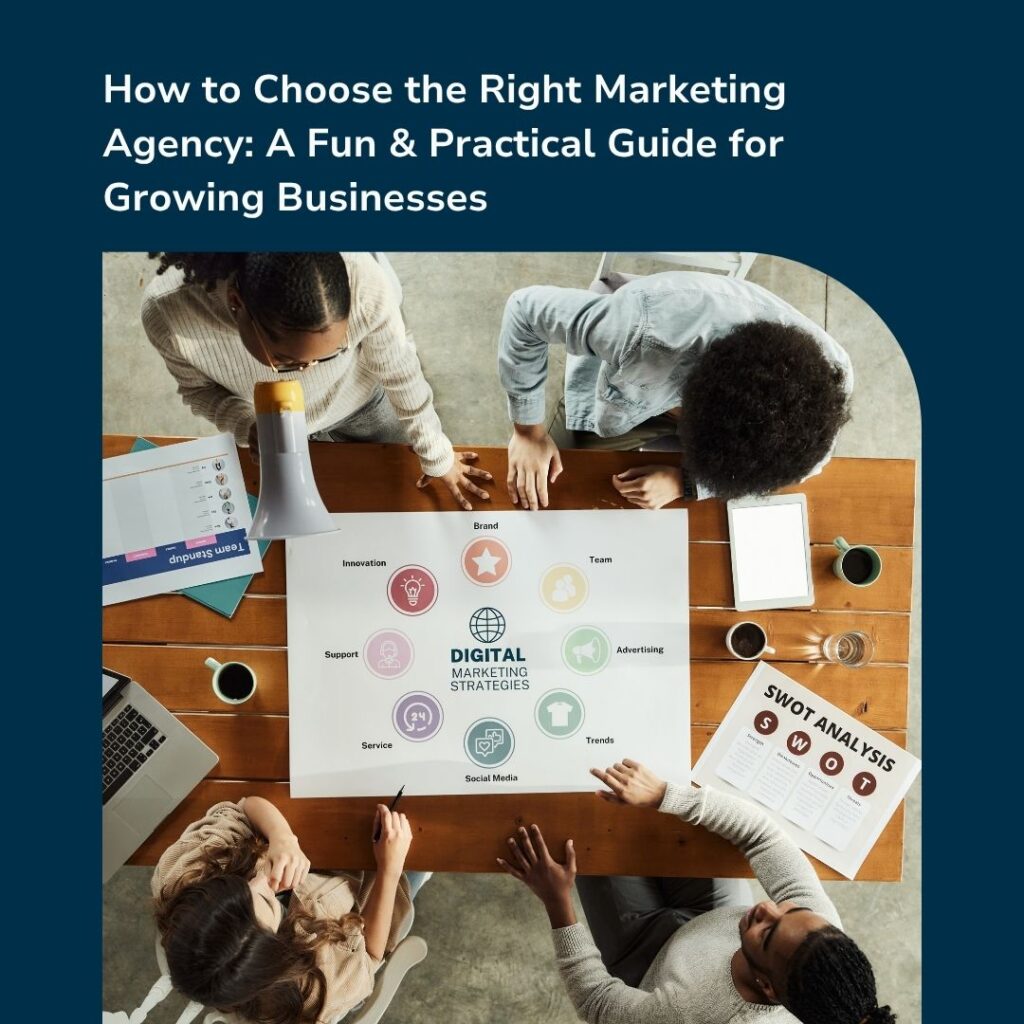Even though I had a good idea of the point I wanted to make with this blog, as always, I tried to do some research.
More specifically, I did research on: when do people choose to buy through Google?
I expected to see some specifics on location, differences between sectors etc.
But, sadly, all I found was articles about how great Google, and, more often, Google Ads, is for businesses.
Well, as a digital marketing agency that started off as an SEO agency, I know quite well that Google isn’t always the answer. So, I am writing this blog purely based on my experience and the trends I have seen in the last 4 years since we started Axies Digital.
Here we go:
When do Customers NOT Use Google for Buying?
As I see it, people don’t buy from Google in the following instances:
a. When Amazon/ebay is the Clear Choice
In all fairness, most people, when they go on Amazon/ebay/other similar websites, their wallets are already out.
Chances are: these Amazon/ebay people won’t even check for alternatives. And, especially in the case of Amazon, if you are paying for Prime, you are already locked into the system, based on your previous experience with them.
Google Shopping is trying to rival these services, but, as a marketer with knowledge of the backend of Google Shopping, I can tell you that Google is quite a distance away from making Google Shopping a viable option, both for most consumers and the sellers.
P.S. Amazon and ebay are one of the biggest spenders on Google Ads. So, maybe it’s about how you are looking at the purchase journey too. Because, technically, you’d have used Google to buy if you clicked through an ad. In reality, Amazon/ebay/and other similar websites are using Google for traffic, and then try to make transactions from these customers directly in the future.
b. When a Product/Service Requires a High Level of Trust
Unless a potential customer has come across your brand multiple times, both digitally and physically, in many instances, shopping through Google isn’t a viable option for products and services that require a high level of trust.
For example, a multinational company won’t pick a supplier just through Google. Even for more personal services, e.g. will writing, you may start your search online, but quite a few other additions will impact your final decision, e.g. word of mouth from someone you already know and trust or seeing success stories through social media.
c. When a Product is Readily Available Near You
Yes, many people pay extra for comfort, but in some cases, the added cost of this comfort makes buying through Google unnecessary.
For example, if you want to buy some American cereal, you are not going to buy from an American store and then pay for postage. (Ok, some of you might, but most of you will not).
I can also give you a personal example here. Between 2015-16, I lived in Spain. And, I quickly realised that I could not get ‘sour cream’, which, at the time, was my favourite dip.
So, I did not just start importing sour cream from the UK; I just stopped eating it. And, even though I have been living again in the UK since 2017, I don’t think I have ever bought sour cream again.
However, when I was living in Spain and wanted to buy a new tablet, I knew that appliances are cheaper in the UK. And, given that I still had a UK bank account, that saved me from paying extra for currency exchanges and taxes, I was able to just buy the tablet in the UK and get it sent to Spain. I still saved significantly on the purchase.
In short, context is key here. But, in most cases, if you are able to get something locally with ease, you are less likely to get on Google and buy it.
When Customers DO Use Google for Buying
This one is easier to put out: when do customers use Google for buying. Here are a few instances:
a. When Research is a Prerequisite
You may have noticed that our Google searches have become more elaborate over time.
Think back to when you started using Google. You may have been putting direct terms like a movie name or a locality to get more information. Over time, it has become quite common to go to Google for all kinds of queries. Personal, professional, and everything in between – anything you want to know, you can search through Google.
This means that if you are in the market for knowledge before buying, you will start with Google.
And, if you start with the knowledge through Google, chances are that you will be buying through Google too.
To be fair, this is the whole reason why we write blogs and other forms of content, and then try to rank them. Chances are that if I educate you on a topic that you are interested in, I will be on your mind when you are ready to buy it.
b. When You Know What You Want
The beauty of Google is: it collects information from everywhere in the digital world.
You want to know about a topic, you can just Google it.
So, when you know what someone wants, all you need to do is explain it well, and Google will put the right information in front of them.
Similarly, if you are looking for a specific product or service, Google will give you 10s if not 100s of options to choose from.
And, with the right information put in front of you, you can pick the product or service that matches your needs or wants the best.
From our experience, most B2B sales especially happen this way, along with specialty products and services.
c. When Something Can’t Be Acquired Locally
Well, this makes sense just from the heading.
If you need something that you can’t get locally, and there is no other way of acquiring it, your only option is to Google it, and find the suppliers.
This can be anything from getting raw materials to items that are just produced in specific locations in the world – Google is your friend on these
So, here we are:
Not everything is bought through Google, but a lot of things can be.
I will let you apply this knowledge to your business and analyse if you need Google.

